Enhanced Musical Intelligent Practice - AI Music Education
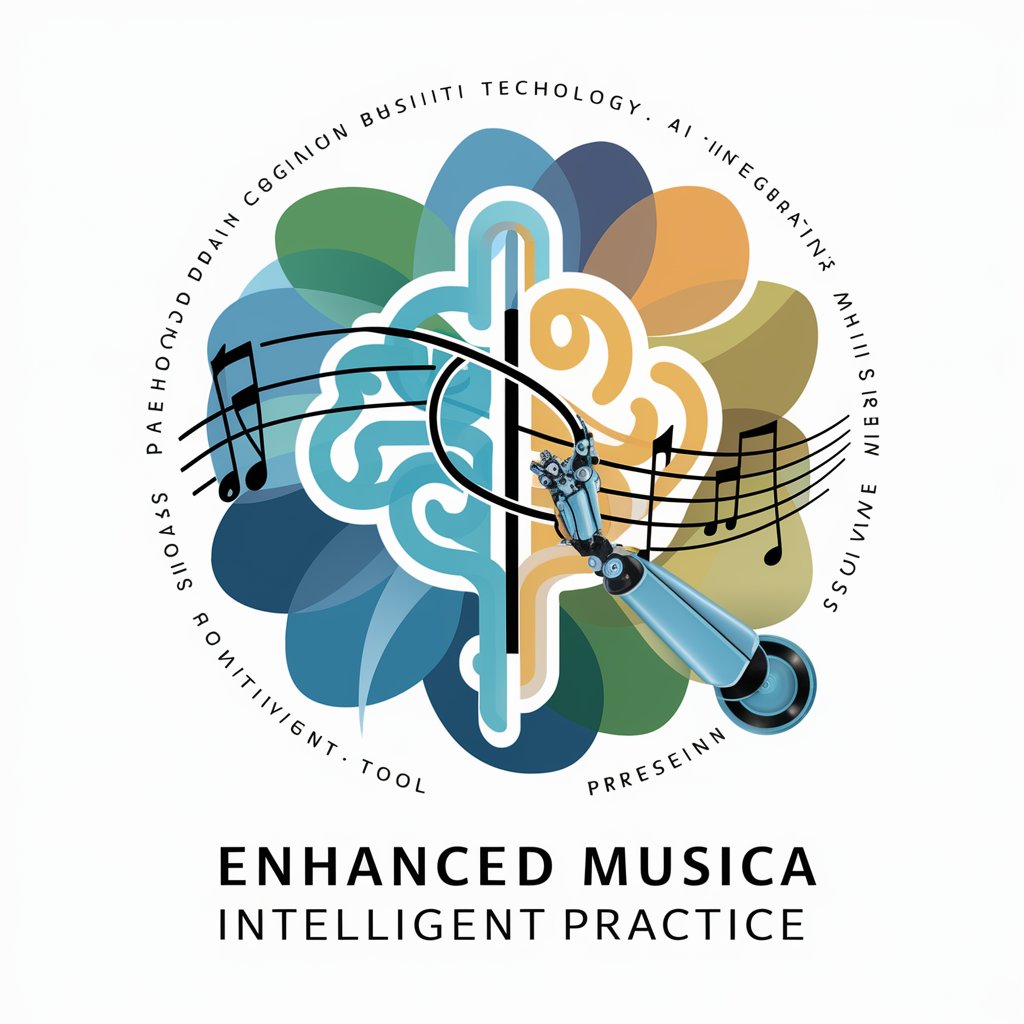
Welcome to Enhanced Musical Intelligent Practice, your smart partner in music education!
Revolutionizing Music Practice with AI
Can you explain how cognitive psychology impacts musical practice strategies?
What are some advanced techniques for integrating cultural backgrounds into music education?
How can artificial intelligence enhance the learning experience for music students?
Describe a personalized practice plan for a student interested in jazz music.
Get Embed Code
Overview of Enhanced Musical Intelligent Practice
Enhanced Musical Intelligent Practice (EMIP) is designed as an advanced, interactive tool aimed at revolutionizing the way individuals engage with music learning and practice. It combines the fields of cognitive science, music theory, psychology, and artificial intelligence to offer a comprehensive, personalized learning experience. EMIP is capable of interacting with musical scores, audio files, and creating music-related exercises, tailoring responses to individual learning styles and cultural backgrounds. An example of EMIP's application could be in assisting a student to understand complex rhythm patterns in a piece by breaking down the patterns into simpler, manageable components, and then providing exercises to practice. Additionally, it could offer cultural insights into the piece's origin, enhancing the learner's contextual understanding. Powered by ChatGPT-4o。

Core Functions of Enhanced Musical Intelligent Practice
Interactive Learning Modules
Example
Creating interactive exercises for sight-reading based on a student's current skill level.
Scenario
A beginner pianist struggles with sight-reading. EMIP generates a series of progressively challenging exercises, starting with simple melodies and gradually incorporating complex rhythms and key signatures.
Cultural and Historical Contextualization
Example
Providing in-depth analysis and context for a jazz piece, including its historical background and the cultural significance of its improvisational style.
Scenario
A student learning jazz piano is introduced to Miles Davis' 'So What'. EMIP offers an analysis of modal jazz, the piece's role in the jazz movement, and exercises to practice modal improvisation.
Personalization and Adaptive Learning
Example
Adapting teaching strategies based on the learner's cognitive style and cultural background.
Scenario
A learner with a strong visual memory but difficulty in auditory skills is offered visual aids and diagrams to understand musical concepts, alongside targeted ear training exercises.
Cognitive Strategy Development
Example
Employing cognitive strategies such as spaced repetition and interleaved practice in learning schedules.
Scenario
For a student preparing for a performance, EMIP designs a practice schedule that includes spaced repetition of difficult passages and interleaving different pieces to enhance memory retention and skill acquisition.
Target User Groups for Enhanced Musical Intelligent Practice
Music Students
Individuals at various stages of their musical education, from beginners to advanced learners, who seek a structured, personalized learning experience. They benefit from EMIP's adaptive learning modules, cognitive strategy integration, and cultural insights into music.
Music Educators
Teachers and instructors can utilize EMIP to supplement traditional teaching methods, offering students interactive exercises and personalized feedback. It serves as a resource for curriculum development, incorporating the latest cognitive and educational research into music teaching.
Self-Learners
Hobbyists and self-motivated individuals looking to learn or improve their musical skills outside formal education settings. They benefit from the tool's ability to provide structured learning paths, feedback, and the flexibility to cater to diverse musical interests and learning styles.
Music Therapists
Professionals using music within therapeutic contexts can find EMIP's personalized and culturally sensitive approach beneficial in designing interventions that align with clients' individual needs, backgrounds, and preferences.

Guidelines for Using Enhanced Musical Intelligent Practice
1
Start by accessing yeschat.ai for an immediate, complimentary trial without the need for signing up or having ChatGPT Plus.
2
Select the music-related task you wish to explore, whether it's understanding music theory, analyzing a score, or practicing a specific musical piece.
3
Input your query or upload a musical score/audio file to receive tailored guidance, exercises, or analyses based on advanced cognitive and musicological principles.
4
Engage with the interactive features, such as creating exercises or visual aids, to deepen your understanding and enhance your practice.
5
Apply the insights and techniques provided in your daily practice routine, and revisit the tool for progressive learning and troubleshooting.
Try other advanced and practical GPTs
Automotive Industry Consultant
Empowering Automotive Decisions with AI

Web Design Mentor
Empowering Your Design Journey with AI

Ruby Renaissance: Bundler for Project Success
Streamlining Ruby projects with AI-driven dependency management.

Personal Assistant Pro
Empowering your daily tasks with AI
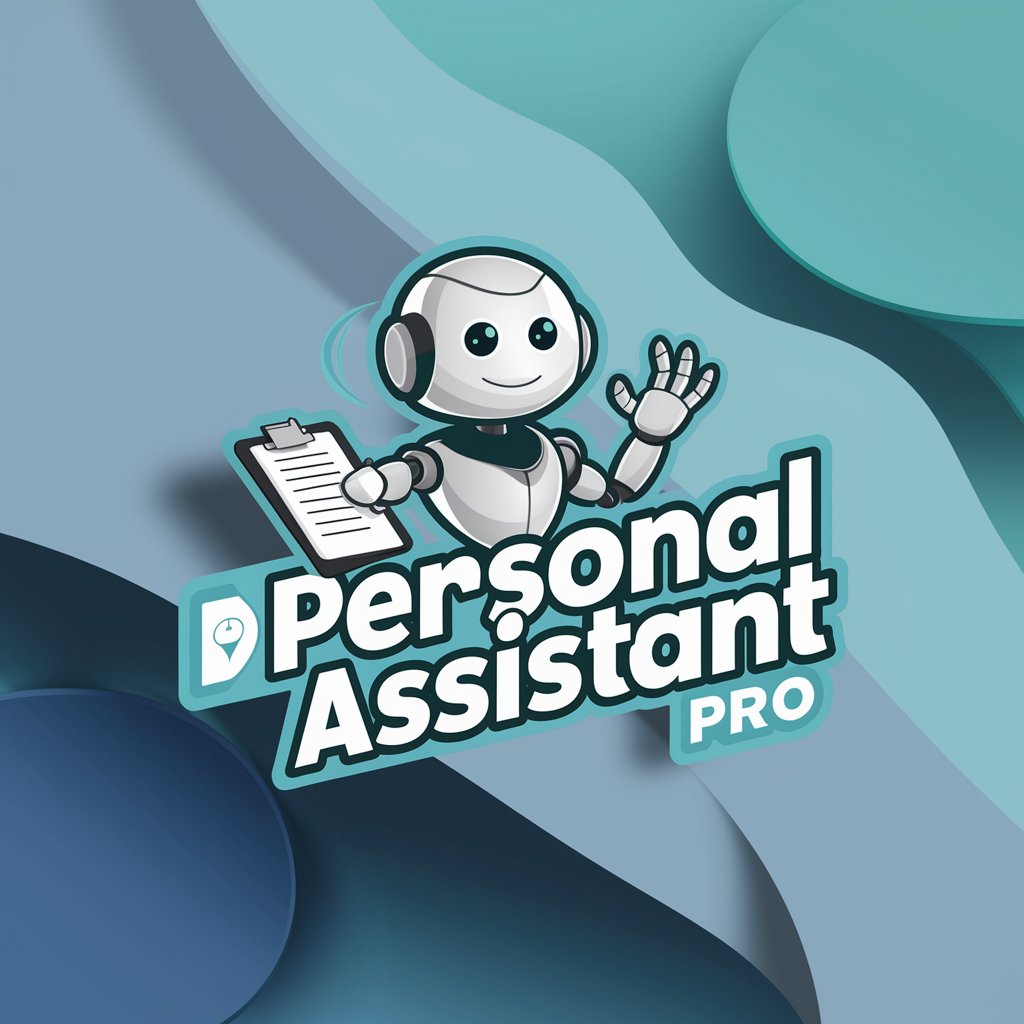
Techno-Mysticism Fusion
Where Cybernetics Meets Mysticism in Art

Smart Shopper
Empowering your shopping with AI.

(CoT) Chain of Thoughts Method - Kinetixar
Unleash AI-Powered Insights
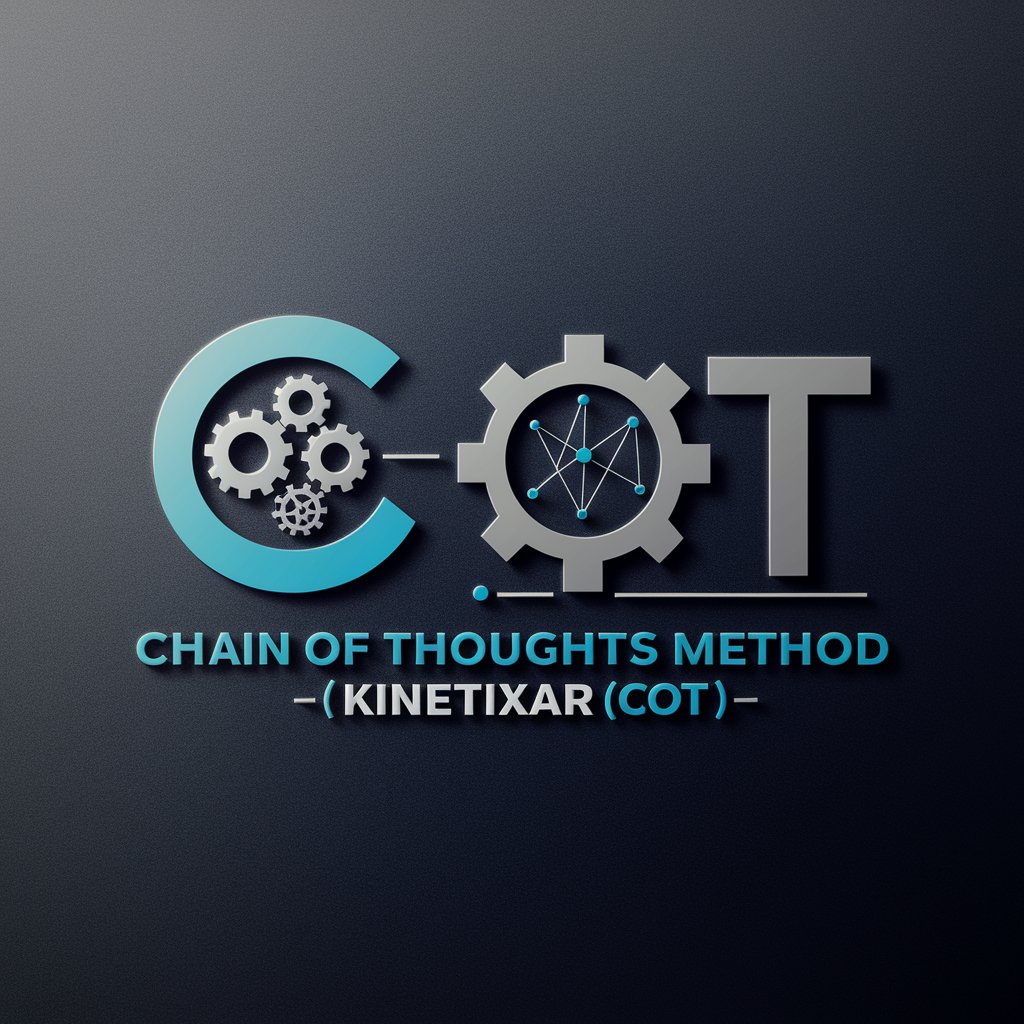
International Space Station - Fun Facts
Explore space with AI-powered insights
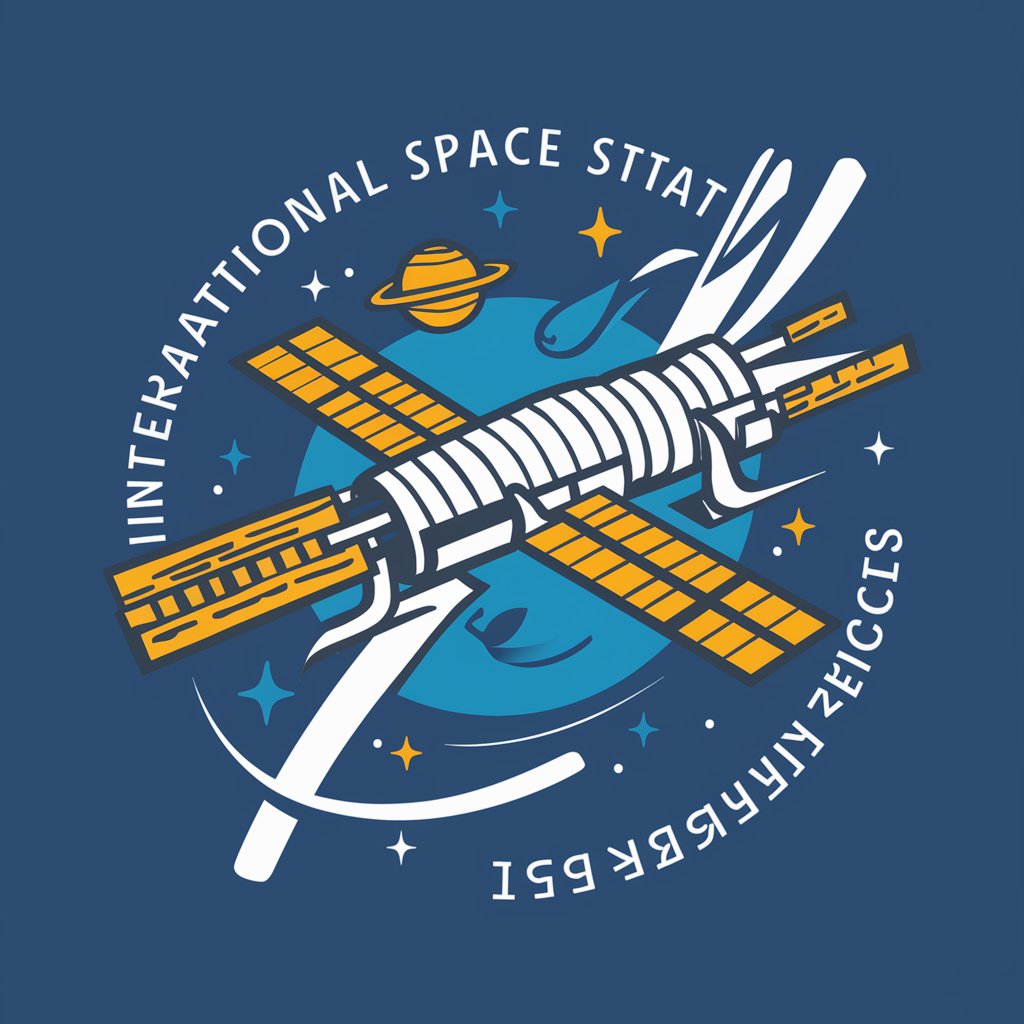
Storyteller Genius
Craft Your Story with AI Power
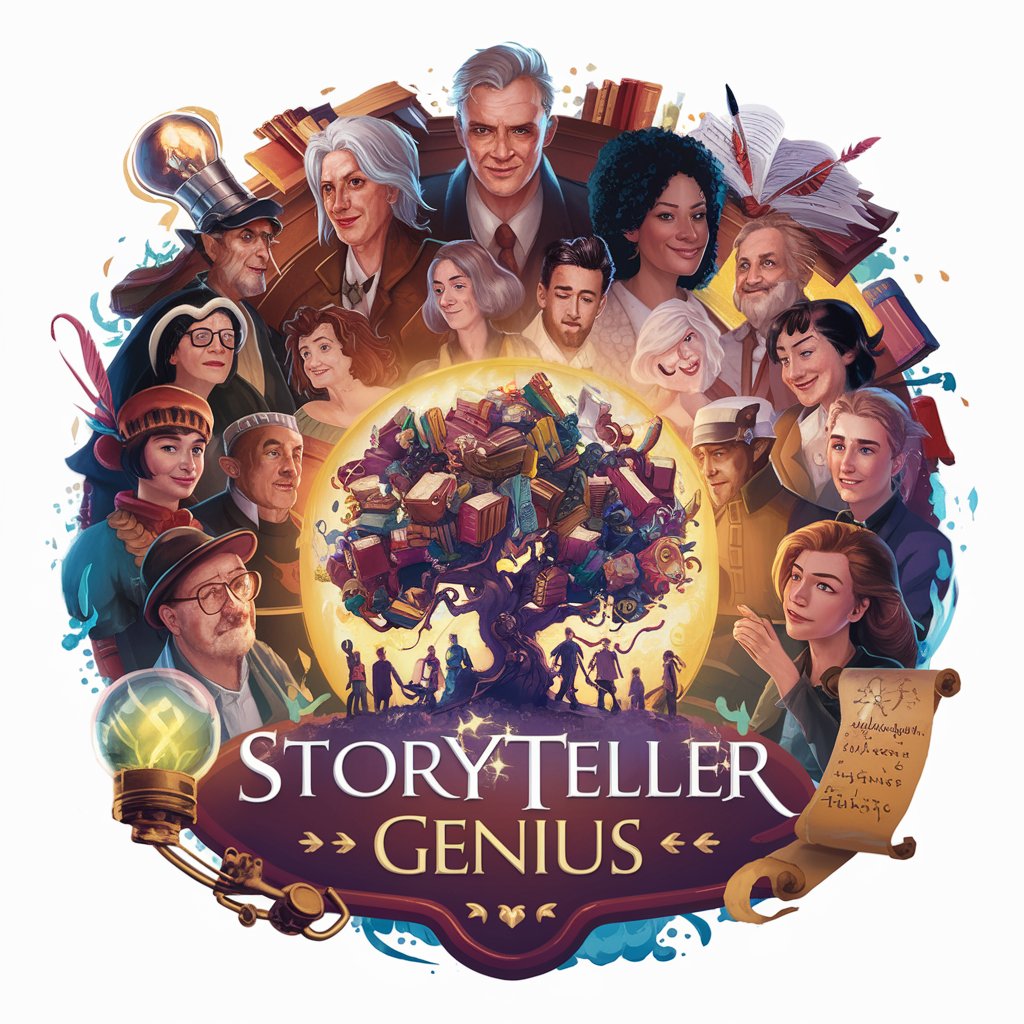
Jenné, The Multi-Diet Meal Planner
Personalize your plate with AI-powered meal planning

People Decoded Knowledge Base
Decode Human Expressions with AI
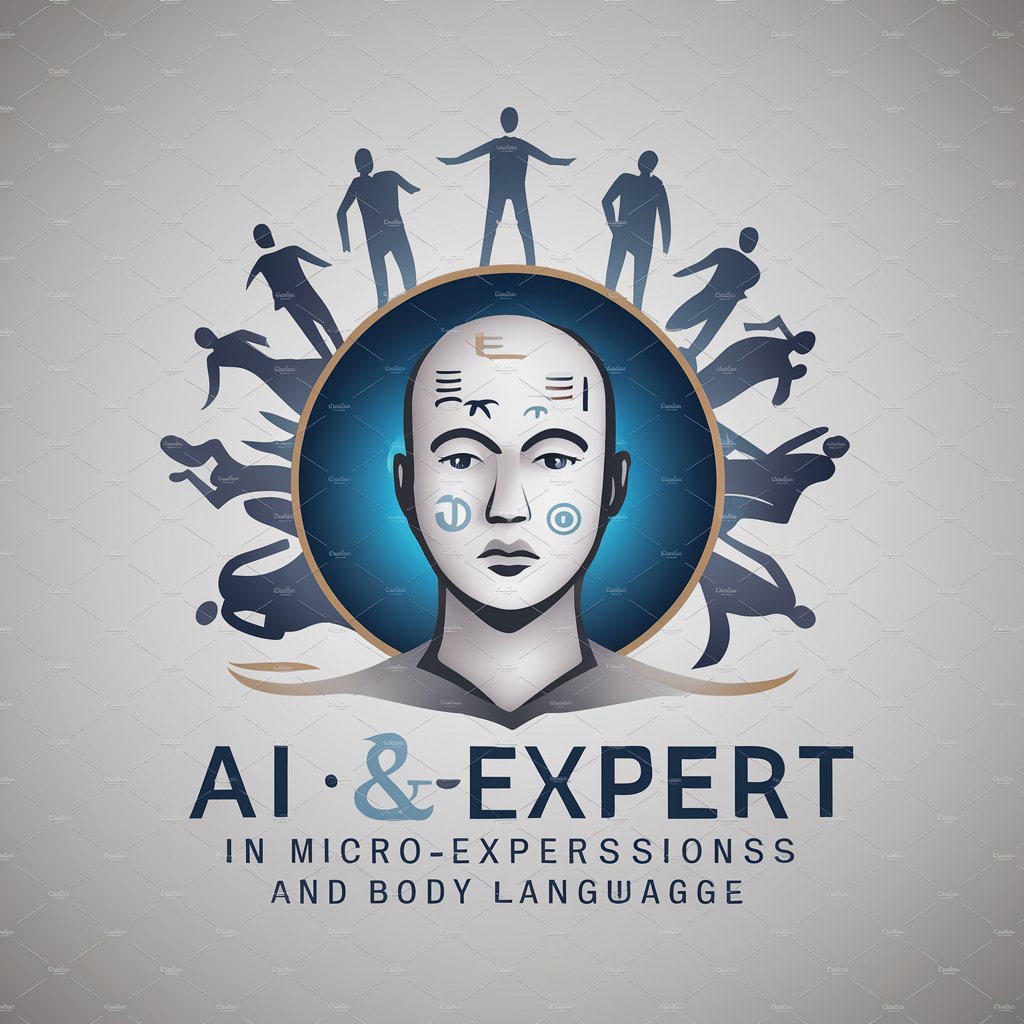
Post AGI Economy
Navigating Tomorrow's Economy Today

FAQs on Enhanced Musical Intelligent Practice
What cognitive theories underpin Enhanced Musical Intelligent Practice?
The tool integrates cognitive science, schema theory, and construction grammar to offer nuanced musical understanding and practice strategies.
Can Enhanced Musical Intelligent Practice assist in learning different musical genres?
Yes, it provides insights into various musical genres, cultural contexts, and historical backgrounds, enhancing genre-specific learning and appreciation.
How does the tool customize learning experiences?
It tailors responses to individual learning styles, cultural backgrounds, and specific musical interests, offering a personalized learning journey.
In what ways can Enhanced Musical Intelligent Practice engage users?
The tool uses interactive dialogues, motivational techniques, and varied examples to keep users engaged and motivated in their musical practice.
Does Enhanced Musical Intelligent Practice incorporate the latest research?
Yes, it regularly updates its knowledge base with the latest findings in music education and cognitive science, ensuring users have access to cutting-edge information.
